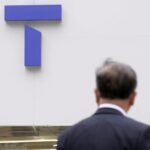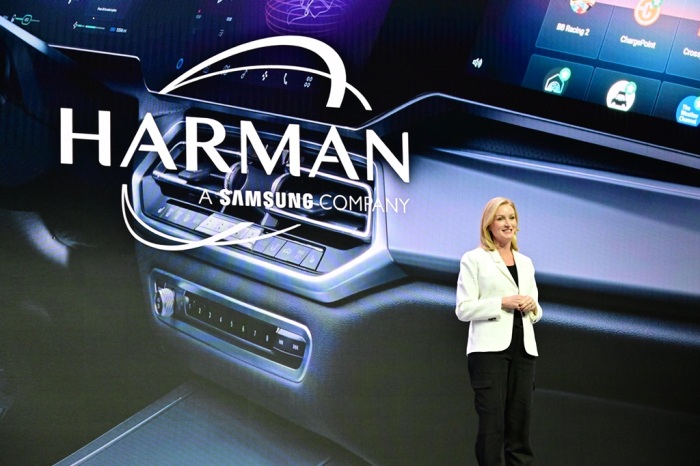
When Samsung Electronics Co. acquired Harman International Industries Inc., a global leader in the audio and automotive electronics business, in 2017 for $8 billion, it was the largest deal for a Korean firm’s foreign acquisition.
The initial expectations that Harman would become Samsung’s new growth engine, however, soon turned into disappointment.
Samsung’s wholly owned US subsidiary performed poorly for years and barely created synergy with Samsung, with some industry watchers suspecting that the South Korean tech giant’s Harman purchase could be a mistake.
Once an ugly duckling in the industry, Harman is now turning into a swan laying golden eggs, leading Samsung’s automotive electronics business.
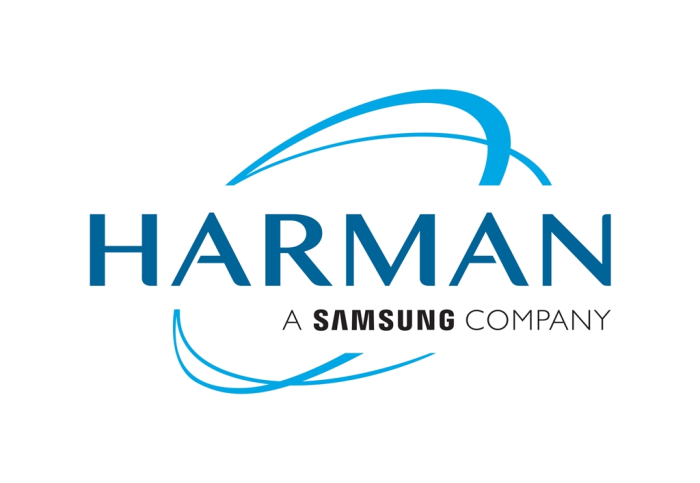
Not only has Harman’s profitability improved, but its products, developed in collaboration with Samsung, are also leading the market.
According to industry sources on Tuesday, Harman posted 1.3 trillion won ($902 million) in operating profit last year – a record high since Samsung’s acquisition in 2017.
Its operating profit has steadily risen in recent years, from 559.1 billion won in 2021 to 880 billion won in 2022 to 1.17 trillion won in 2023.
In the fourth quarter of 2024, Harman generated 400 billion won in profit – twice that of Samsung’s TV and home appliance divisions.
BIGGEST DEAL UNDER LEE’S LEADERSHIP
Samsung’s Harman acquisition was the conglomerate’s first major M&A deal under Samsung Electronics Chairman Lee Jae-yong as a registered member of its board of directors.
Headquartered in Stamford, Connecticut, Harman is a global leader in connected car technology, lifestyle audio systems, cloud services and Internet of Things (IoT) solutions.
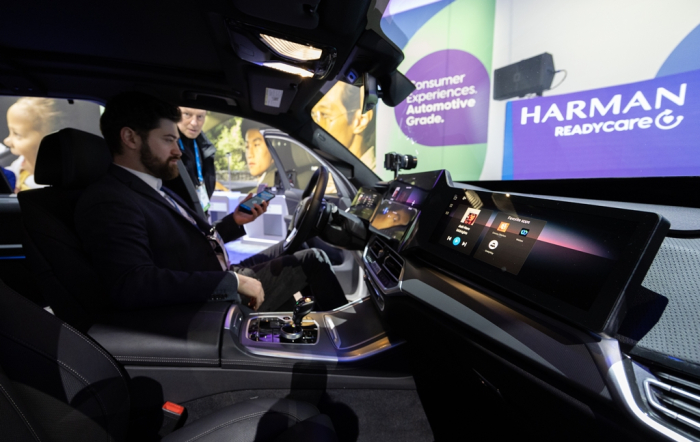
In November 2023, the company acquired Roon Labs, a US multi-device and multi-room audio technology firm, to accelerate its foray into the burgeoning home audio market.
Harman owns 15 audio brands, including JBL, Lexicon, Mark Levinson, AKG, Harman Kardon and Revel, and its audio and connected car systems are fitted in more than 50 million vehicles across the world.
Founded in 1956, Harman initially built its reputation as a premium audio brand specializing in consumer speakers and automotive sound systems.
In the 2000s, it expanded into the digital cockpit and infotainment system business.
Harman’s resurgence is attributable to the rise of its two key business units – audio and automotive electronics, which had previously stalled soon after Samsung’s acquisition.
In the consumer audio segment, JBL was a major driver, particularly in the US, where it has become a must-have brand for millennials and Gen Z.
“Samsung’s strategy to infuse a youthful image into JBL to appeal to younger generations has been a success. Recruiting world-renowned electronic dance music DJ Martin Garrix as a JBL ambassador was a divine move,” said an industry official.
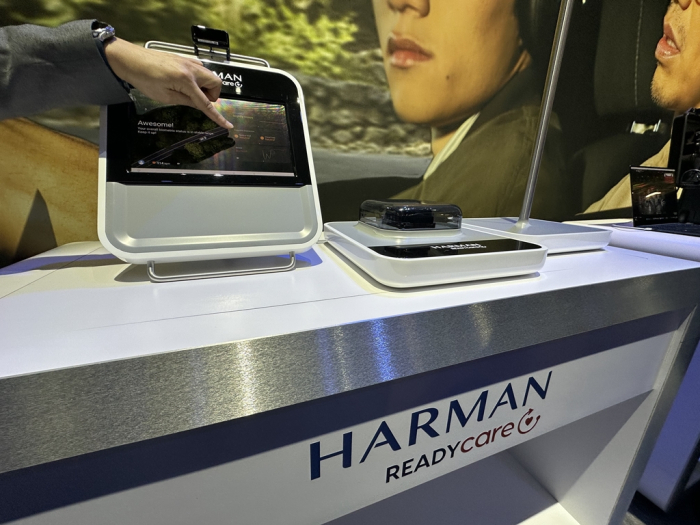
AUTOMOTIVE ELECTRONICS
Instead of selling off unprofitable, low-growth subsidiaries of Harman, Samsung focused on strengthening Harman’s automotive electronics segment with great potential, according to Samsung.
In the process, Harman also deepened collaboration with Samsung’s advanced in-vehicle technology, clinching deals to supply digital cockpits, head-up displays and infotainment systems to global automakers such as BMW and Toyota Motor. In 2023, it even inked a partnership with Ferrari.
At the same time, Harman has strengthened its core technology in car audio systems.
Harman also counts Hyundai Motor Co., Audi and Volkswagen among its major audio system clients.
According to market research firm Grand View Research, the global automotive electronics market is forecast to grow to $468.1 billion by 2030 from $262.6 billion in 2024.
By Ui-Myung Park
Uimyung@hankyung.com
In-Soo Nam edited this article.

